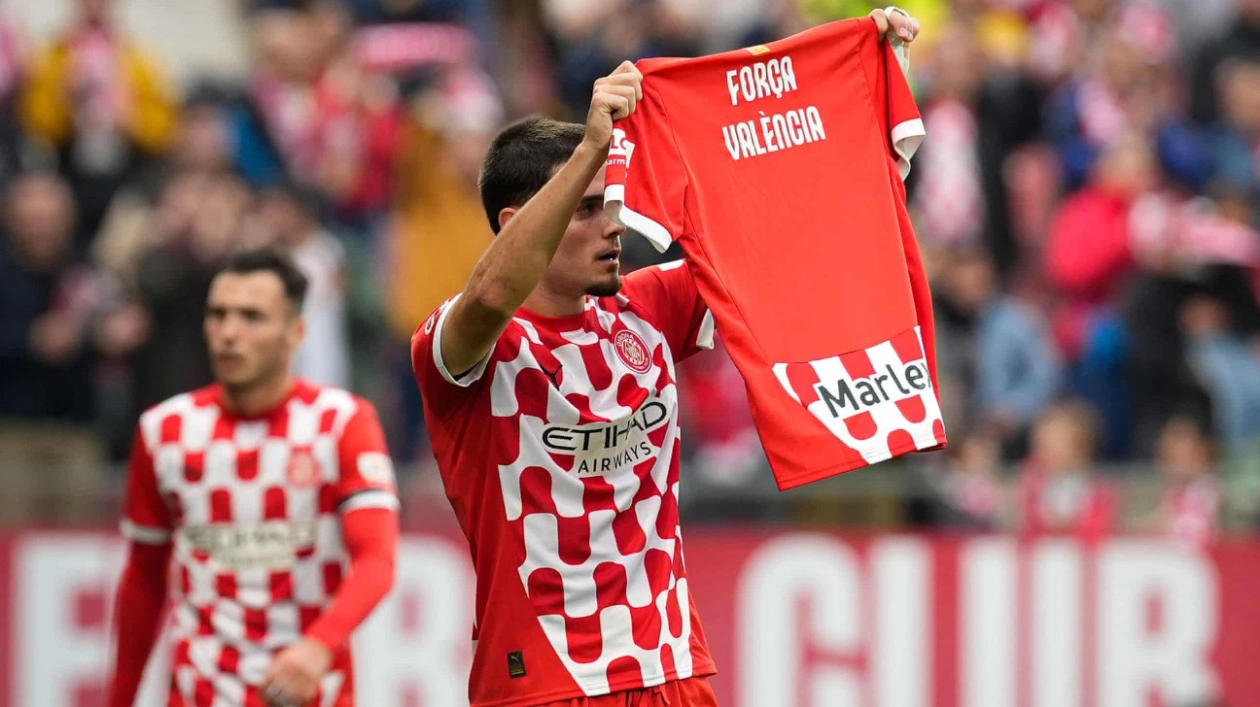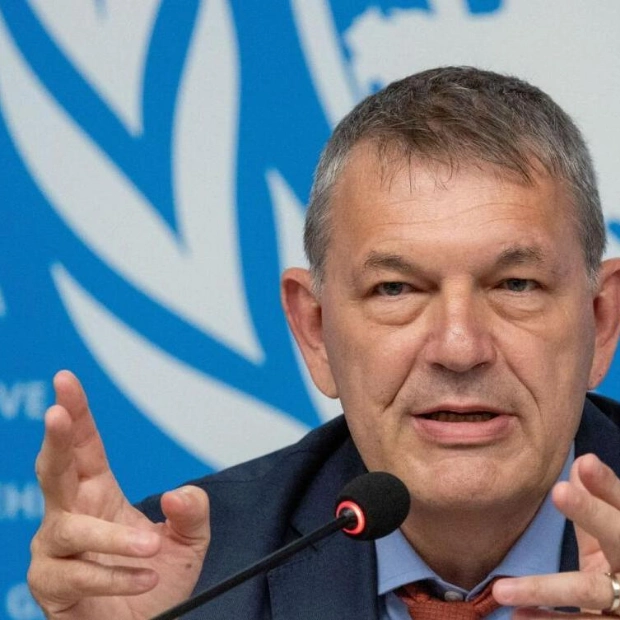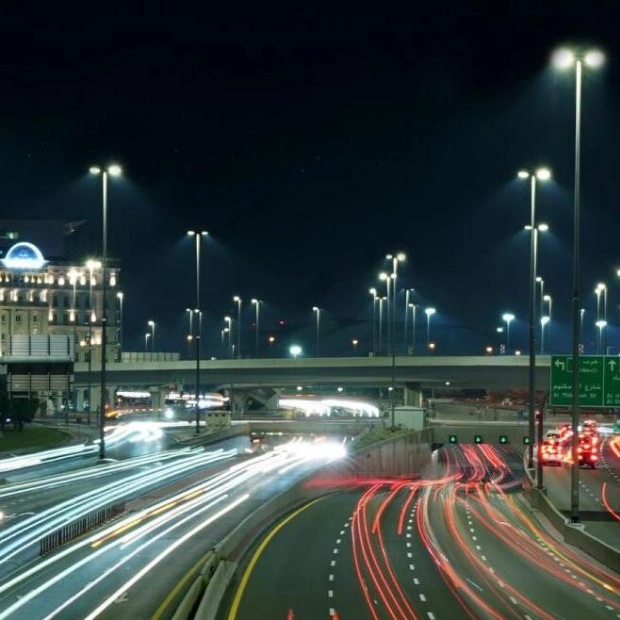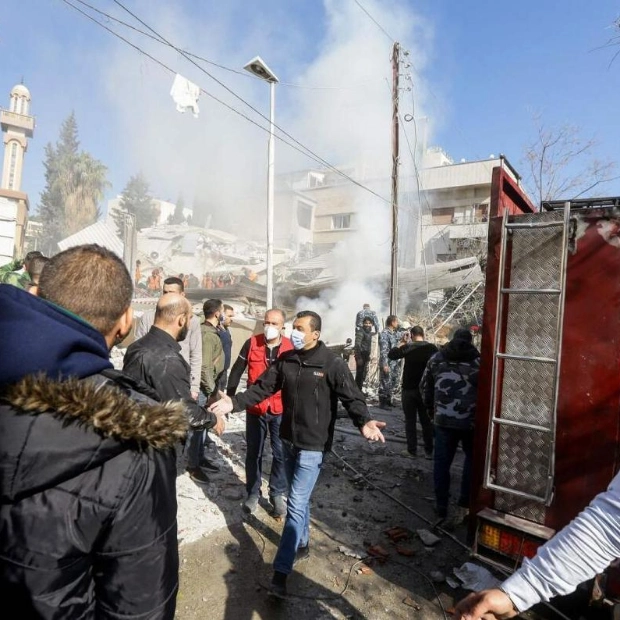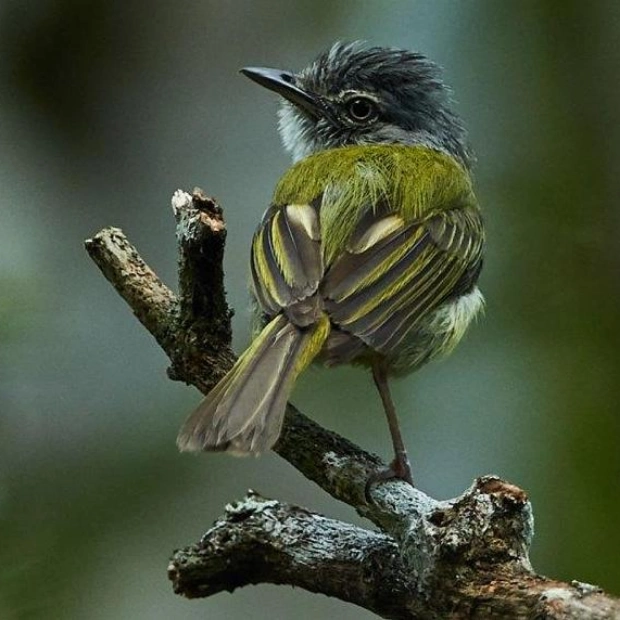Thousands gathered at Mestalla this weekend, with long lines forming along Avenida de Aragón as Valencia’s players arrived. However, there was no game scheduled. Instead, people brought water, food, and clothing for the victims of the worst natural disaster in the country’s history: the floods that claimed over 210 lives and devastated towns in Horta Sud, just inland and south of the city. In just eight hours, a year’s worth of rain fell. Hundreds of cars and vans arrived, unloading supplies, while many more walked to contribute. Over a million tonnes of aid filled the space under the stand, with silence above.
Three-and-a-half kilometers away at the Ciutat de València, home to second-division UD Levante, a similar scene unfolded. Across the bridges connecting the city to the hardest-hit areas, more volunteers arrived, armed with shovels and buckets. On the morning Valencia was supposed to play Real Madrid, 10,000 volunteers gathered at the Ciutat de les Arts i les Ciències, transported by bus to the affected areas, when they could get there. Among them were some of the footballers who should have been playing at Mestalla that Saturday night.
On Thursday, the federation confirmed La Liga’s decision to postpone Valencia’s match against Madrid and Rayo Vallecano’s visit to Villarreal. In the second division, games like Levante-Malaga, Castellón-Racing Ferrol, and Eldense-Huesca were also postponed. By Sunday, as the “Dana” storm moved towards Andalucía, Almería-Cordoba followed suit. Despite this, other games went ahead, starting with Alavés against Mallorca on Friday night. After five consecutive defeats, Alavés finally won, but coach Luis García, who built his career in the region, questioned the sense of playing.
He wasn’t alone. Getafe manager José Bordalás, born in Alicante and with 20 years coaching in the region, echoed similar sentiments. “We’re facing the greatest catastrophe in decades. Football fans are focused on the tragedy. I don’t know what my colleagues have said, but this round of games shouldn’t have been played,” he said. Many coaches agreed, with Barcelona’s Hansi Flick admitting he might have canceled the games. Real Sociedad’s Imanol Alguacil insisted, “We shouldn’t have played, even if there were no dates to replay the fixtures.”
As criticism mounted, the league defended its decision to continue. La Liga’s president, Javier Tebas, argued that “the best message is to carry on,” suggesting that this way, there would be “visibility” and “money raised.” However, some saw this as football’s ego overshadowing its responsibility. Football, often seen as the most important of the less important things, claims to be put into perspective when life is lost. Yet, it tends to go on regardless, not alone but often held to different standards.
Despite the ongoing disaster, football matches were played, and fans attended. In the first division, 241,503 people watched the seven games. While there were moments of drama and brilliance, with Girona-Léganes and Athletic against Betis standing out, the atmosphere was subdued. The disaster was not just a past event but something ongoing. As the weekend progressed, the death toll rose, and anger grew. In Paiporta, people threw mud at the king, feeling abandoned.
Players and coaches were not immune. Levante coach Julián Calero, whose town was hit, said, “When these things happen, you realize how fragile you are in the face of nature.” Valencia defender Rubén Iranzo’s home was flooded, and there was solidarity too. The mother of Las Palmas’ Manu Fuster fed those in need, and Valencia midfielder Pepelu guided people to another family restaurant.
Pepelu did not play, nor did Barcelona’s Ferran Torres. Others felt it was “inhuman” to play, like Mallorca’s Pablo Maffeo. “There are lots of us who have family and friends there, and we know they’re suffering,” he said. Former Valencia youth-team player Toni Lato described it as the game that shouldn’t have been played.
On Saturday, Osasuna beat Valladolid 1-0, briefly climbing into a Champions League place. By Sunday, their manager, Vicente Moreno, was in his hometown, shovelling mud. Across Spain, there were minutes of silence and stadiums gathered aid. Players wore t-shirts with donation numbers, and banners of support were held up. Despite the efforts, the disaster hung over everything, a constant reminder of the ongoing tragedy.
Source link: https://www.theguardian.com
